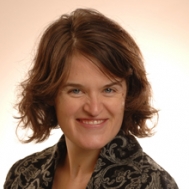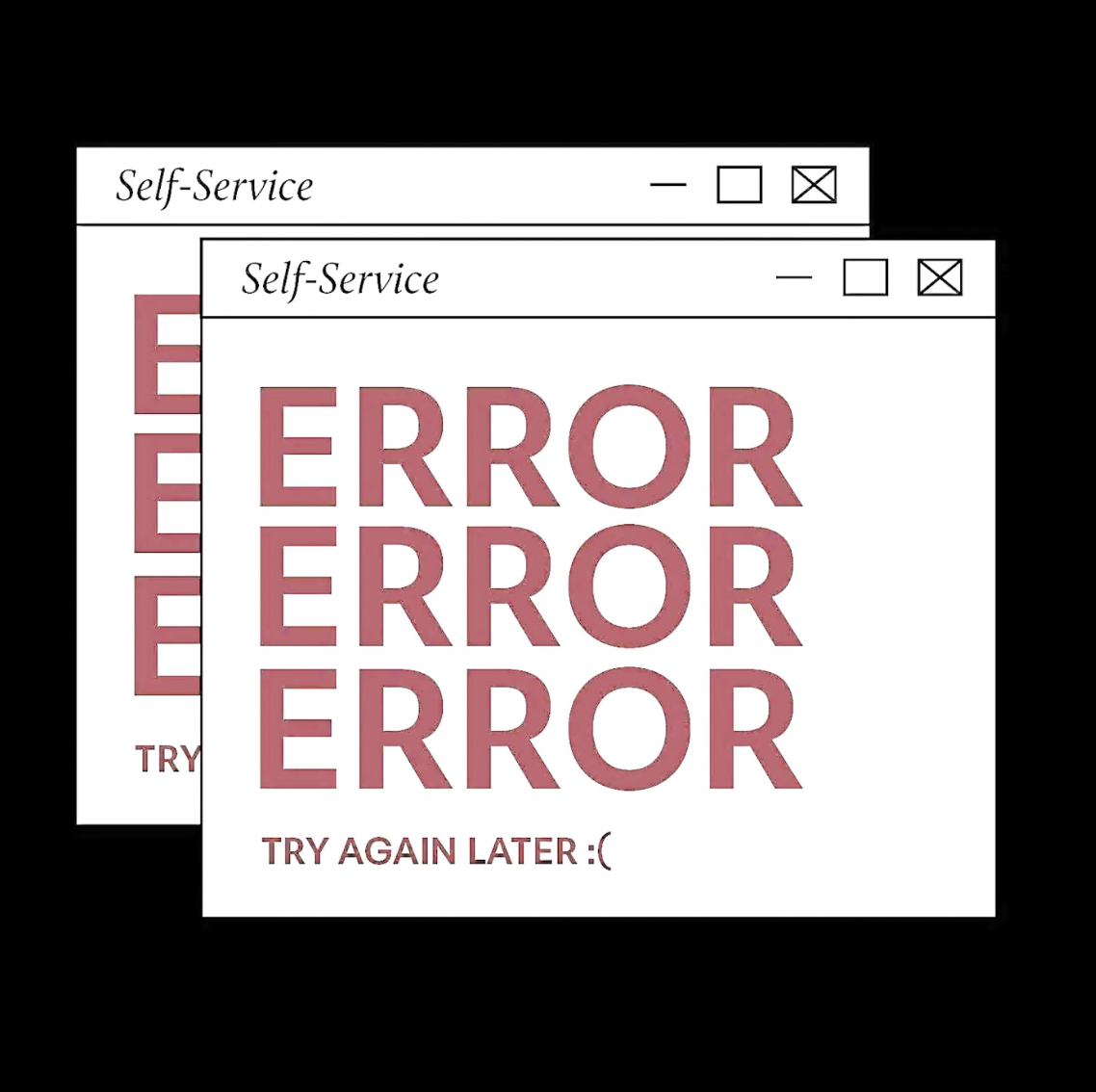
Math is hard, say some English majors; I don’t like problems without clear answers, say some never-gonna-be-English majors.
Numbers and letters are hard in different ways, but it’s every person’s duty to be reasonably good at both, and there is no place like this one and no time like the present to develop higher-level fluency in numbers and letters.
As you start to think about registering for the fall semester, here is some unsolicited advice from an English professor:
In the English department, we teach students to read carefully and to write clearly. A lot of what we do is about learning to listen to other voices—to pay careful attention to what texts say.
We also teach powerful expression: teaching you to make your distinctive voice heard and to persuade others to see things as you do. These are important skills for people who wish to make the world a better place; advocacy is about amplifying the voice and better expressing your individual perspective.
But you have got to spend some time learning how numbers work, so you can learn to think of yourself as a number instead of a person.
I’m tempted to say statistics are important because so much evidence is presented in graphs, and you need to be able to understand what you’re looking at, but it’s more than that: In a representative democracy, people get counted.
When someone picks up the phone in the office of your district representative in the state legislature, you get tallied: you’re a proxy for the many people who are not calling. Simple exponents and a sprinkle of network theory will get you rethinking the people you know—as numbers.
Even if you are vastly outmanned in your district, you can think about your cousins or childhood friends whose single vote—or voice—might count for more in their district. You’re a number and a person, and so is everyone else.
Society happens on a big scale, and it’s useful to train yourself to think in terms of big patterns so as to understand how you fit, as a single unit, into a larger picture. You also owe it to yourself to practice dealing with questions that look different from different perspectives.
Ideally, English will help you recognize and value unfamiliar perspectives, and to be able to turn numbers back into people. So take more math, and take more poetry. And don’t forget to put both on your CV.














Suba Sundaram • Apr 3, 2017 at 10:15 am
Dear madam
I read your l words of appeal to students.
I agree with you.
As a teacher of English I appreciate your reasons and find them useful for my own talk to students in India.
Thank you.
Suba
Madurai India